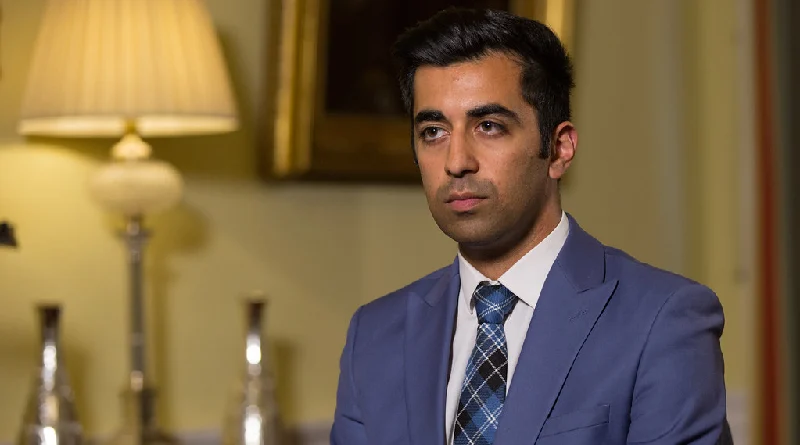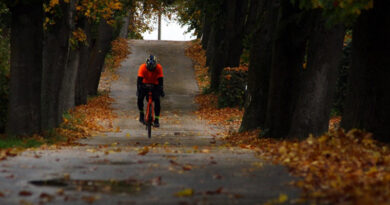Humza Yousaf: Scotland’s First Muslim and Ethnic Minority Leader to Succeed Nicola Sturgeon
Humza Yousaf has won the election as the new leader of the Scottish National Party and will become Scotland’s next first minister, succeeding Nicola Sturgeon.
He was widely considered to be the preferred candidate of the SNP establishment, including Sturgeon herself. Yousaf received more endorsements from MSPs and MPs than his two rivals, and Deputy First Minister John Swinney believes that Yousaf will lead the party to independence. Yousaf has the most experience among the three contenders, having held government positions since 2012, including justice secretary and transport minister. His supporters describe him as an articulate communicator who can
unite the party and maintain the power-sharing agreement with the ScottishGreens, following a contentious leadership race.
Mr Yousaf received significantly more support from SNP MPs and MSPs compared to his two rivals in the leadership race. He is considered a close ally of Ms Sturgeon and is often viewed as the “continuity candidate,” intending to continue her work as first minister. Yousaf is the only contender who has expressed a willingness to challenge the UK government’s block on Sturgeon’s gender recognition reforms in court, arguing that progressive values are necessary for independence. However, he has stated that legal advice must support any potential challenge. Yousaf disagrees with Sturgeon’s plan to use the next election as a de facto referendum and instead aims to build a “consistent majority” in favour of independence beyond polls that only show slight support. He has suggested calling a snap election to gauge support for independence. Yousaf has also rejected accusations that the party hierarchy designed the shortened campaign to favour him and is open to hearing concerns over controversial policies like the
proposed national care service and bottle return scheme.
Upon his confirmation as Scotland’s first minister, the 37-year-old Humza Yousaf will make history as the first ethnic minority leader of a devolved government and the first Muslim to lead a major UK party. Yousaf’s father immigrated to Scotland from Pakistan with his family in the 1960s, and his mother was born into a South Asian family in Kenya. Yousaf has frequently spoken about the racist abuse he has experienced. At the start of the leadership contest, Yousaf received threatening messages, and a 25-year-old man and a 35-year-old woman were arrested and charged after he alerted the police. Yousaf attended the Hutchesons’ Grammar private school in Glasgow, two years behind Scottish Labour leader Anas Sarwar. After earning a degree in politics from Glasgow University, Yousaf worked briefly in a call centre before becoming an assistant to SNP MSP Bashir Ahmad and later an aide to Alex Salmond. In 2011, he was elected as a list MSP for the Glasgow region, and Salmond promoted him to minister for Europe and international development just a year later. Yousaf became the transport minister in 2016 after winning Glasgow Pollok from Labour, becoming the first ethnic minority candidate to win a constituency seat in the Scottish Parliament.
Throughout Nicola Sturgeon’s tenure as first minister, Mr Yousaf was a trusted ally. However, six months into his tenure as transport minister, he faced humiliation after being fined £300 and receiving six penalty points for driving a friend’s car without proper insurance. Furthermore, he was heavily criticized for ScotRail’s subpar performance after Abellio took over the franchise, ultimately leading to its nationalization. In 2018, Mr Yousaf was elevated to justice secretary in a cabinet reshuffle. Despite his efforts to introduce a hate crime bill, it was plagued by controversy over concerns that the new “stirring up hatred” offence would severely impact freedom of speech. Critics feared that libraries and bookstores could be prosecuted for carrying controversial books, and individuals could face criminal charges for private conversations in their own homes. According to former SNP deputy leader Jim Sillars, the legislation was “one of the most pernicious and dangerous pieces of legislation ever produced by any government in modern times in any part of the United Kingdom.” Although the bill was passed by MSPs in March 2021 after a series of amendments, it has yet to become law.




